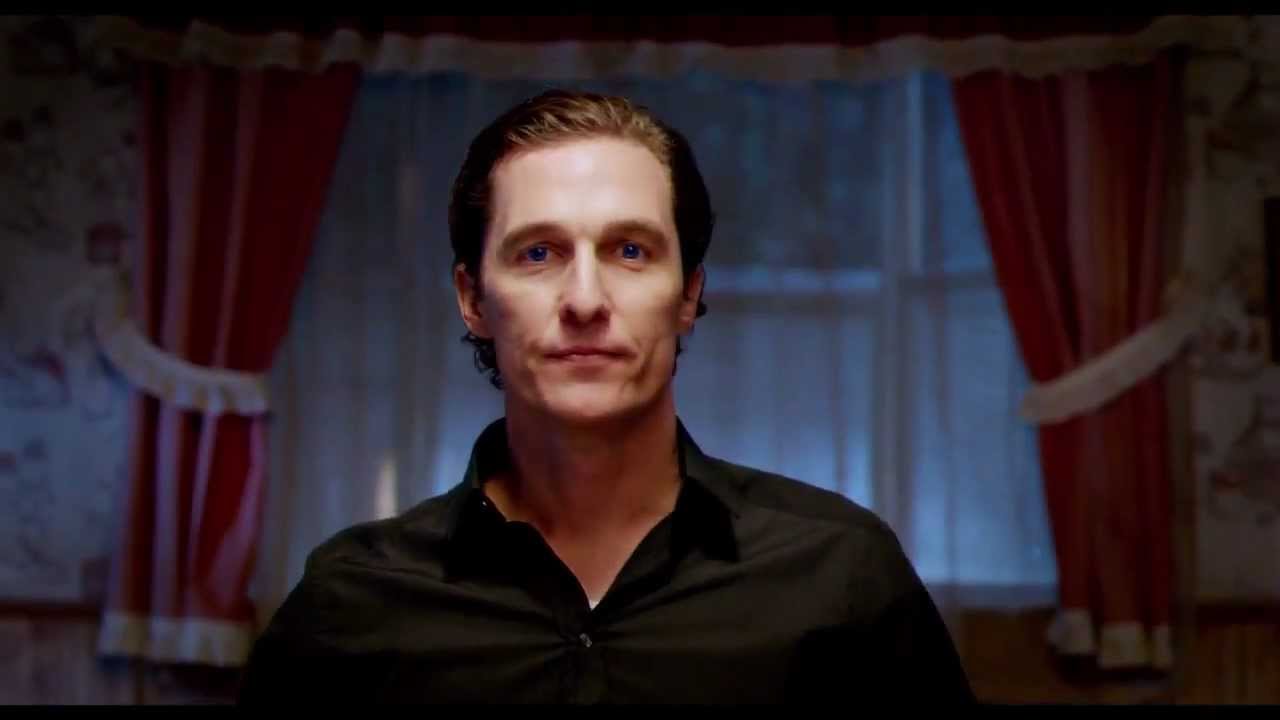
Born in Chicago, Illinois, William Friedkin is an esteemed American film director, producer and screenwriter who’s perhaps best known for directing 1971’s The French Connection (which received five Academy Awards, including Best Picture and Best Director) and influental 1973 horror film The Exorcist.
In a career that has expanded across six decades, Friedkin may not be as prolific as some of his peers, but his wide range of work, ranging from arthouse fare, to action, comedy, and drama, often detail an American landscape overturned by elements of crime, double-dealing, the occult, and impure corruption, amongst other progressive themes.
What follows is a guide of Friedkin’s narrative fiction films (his documentaries are excluded from this list for now), with our own humble impressions of his work which, a few notable missteps aside, shows one of America’s most controversial as well as influential cinematic artists. Enjoy!
19. Good Times (1967)
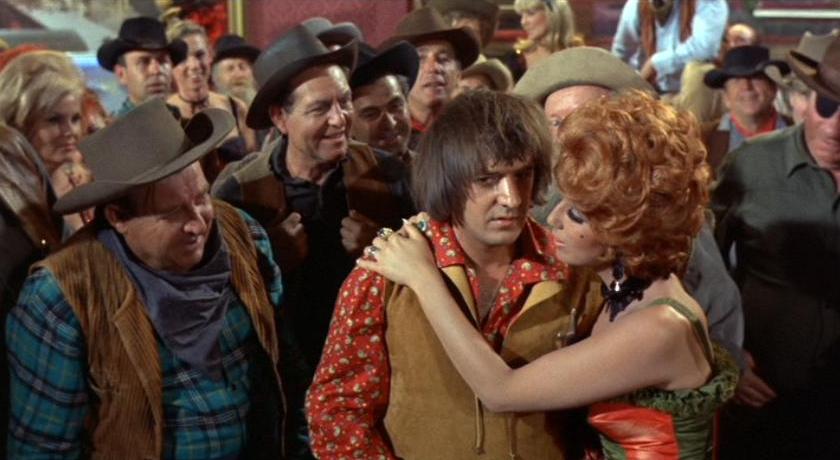
Perhaps a rather lacklustre directorial debut (excluding his documentaries), 1967’s Good Times isn’t indicative of Friedkin’s visual storytelling gifts but, as a social document of pop culture of that era, this pastiche of hit-and-miss skits has a few sunny moments (poor pun intended).
Pop-star couple Sonny Bono and Cher have an enjoyable time as they parody B-movie banalities as they play fictional versions of themselves––not dissimilar from their popular variety show that would air 4 years later on CBS––who are given a shot at a bigtime movie deal from Mr. Mordicus (George Sanders), if they can pitch an inspired idea within three days.
Sanders, a veteran characters actor of such esteemed works as Rebecca (1940), Foreign Correspondent (1940), and All About Eve (1950), hams it up as the villain in each imagined movie idea that Sonny and Cher imagine (which span several genres and copious amounts of song and dance).
True, a lot of what’s onscreen falls pretty flat and hasn’t aged especially well, but as Friedkin himself has said: “I’ve made better films than Good Times but I’ve never had so much fun”. And some of that fun (though baby, not enough) will cling to certain, discernible viewers, too.
18. Deal of the Century (1983)
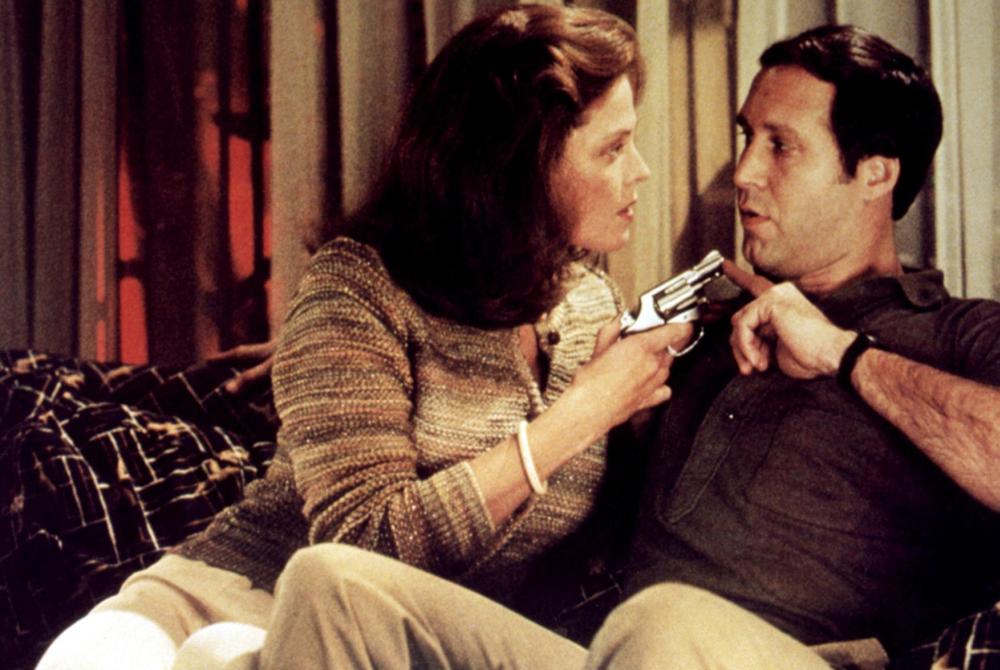
Performing somewhat better than Good Times, though by a narrow margin, is 1983’s misguided but occasionally comic, and boldly bleak satire of the military industrial complex. Chevy Chase stars as Eddie Muntz, an American arms dealer bound for South America where he finds himself peddling his dangerous wares between both a dictator (William Marquez) and the revolutionaries who rally against him.
Thrown into the mix are Sigourney Weaver as Catherine DeVoto––the widow of Muntz’s risk-taking pal, Harold (Wallace Shawn), a conscience-addled pilot named Ray Kastermak (Gregory Hines), and an arrogant archrival Stryker (Vince Edwards), for a mixed bag of weak laughs and very little else.
An ambitious and decidedly cynical misfire, Deal of the Century was mostly panned by critics, though the chemistry between Chase and Weaver does show potential, it’s too bad nothing here very strongly coalesces. Deal of the Century is a little bit of a rip.
17. Blue Chips (1994)
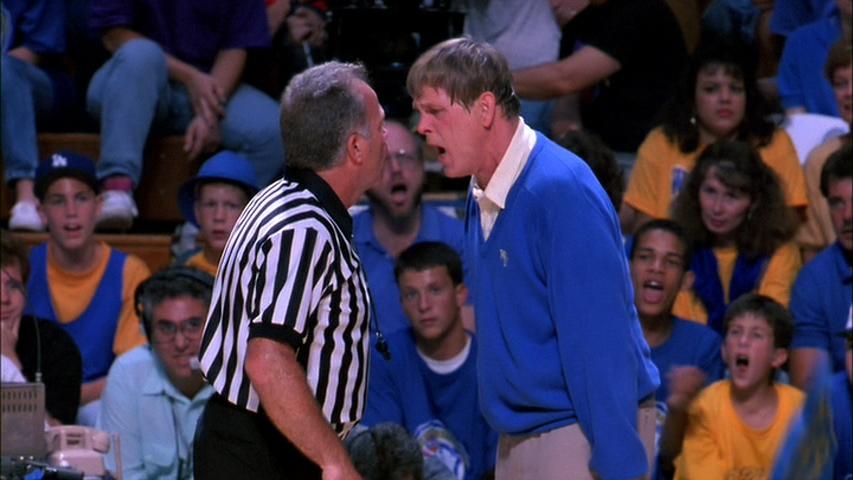
A predictable sports picture focussing on college athletics in the basketball court, Blue Chips is burdened with much of the stock characters and platitudes that overrun the genre. But from a visual standpoint, Friedkin flexes his cinematic muscles here with lots of exciting and visceral roundball action. B-ball coach Pete Bell (Nick Nolte, gnawing on all of the scenery), of Los Angeles’ Western University, is out to improve his team, the Dolphins’ standing, and is willing to go to great lengths to do so.
Much of his optimism is riding on a trio of extremely talented players: Neon Boudeaux (Shaquille O’Neal), Butch McRae (Anfernee “Penny” Hardaway) and Ricky Roe (Matt Nover)––and for real-life basketball fans, seeing Shaq and Penny display their game is a sweet treat (along with cameos from the likes of Larry Bird, Bob Cousy, Bobby Hurley, and many more legendary NBA coaches and players).
Perhaps the downside of populating so much of the screen with hoop stars is that many of them cannot convincingly act, but when they’re in their element on the court, Blue Chips picks up a fine pace. The story, which eventually finds Bell taking risks that jeopardize his coaching career, doesn’t pack a lot of surprises in a very old hat sports narrative. But it’s an effective film that basketball fans will sporadically cheer for.
16. The Guardian (1990)
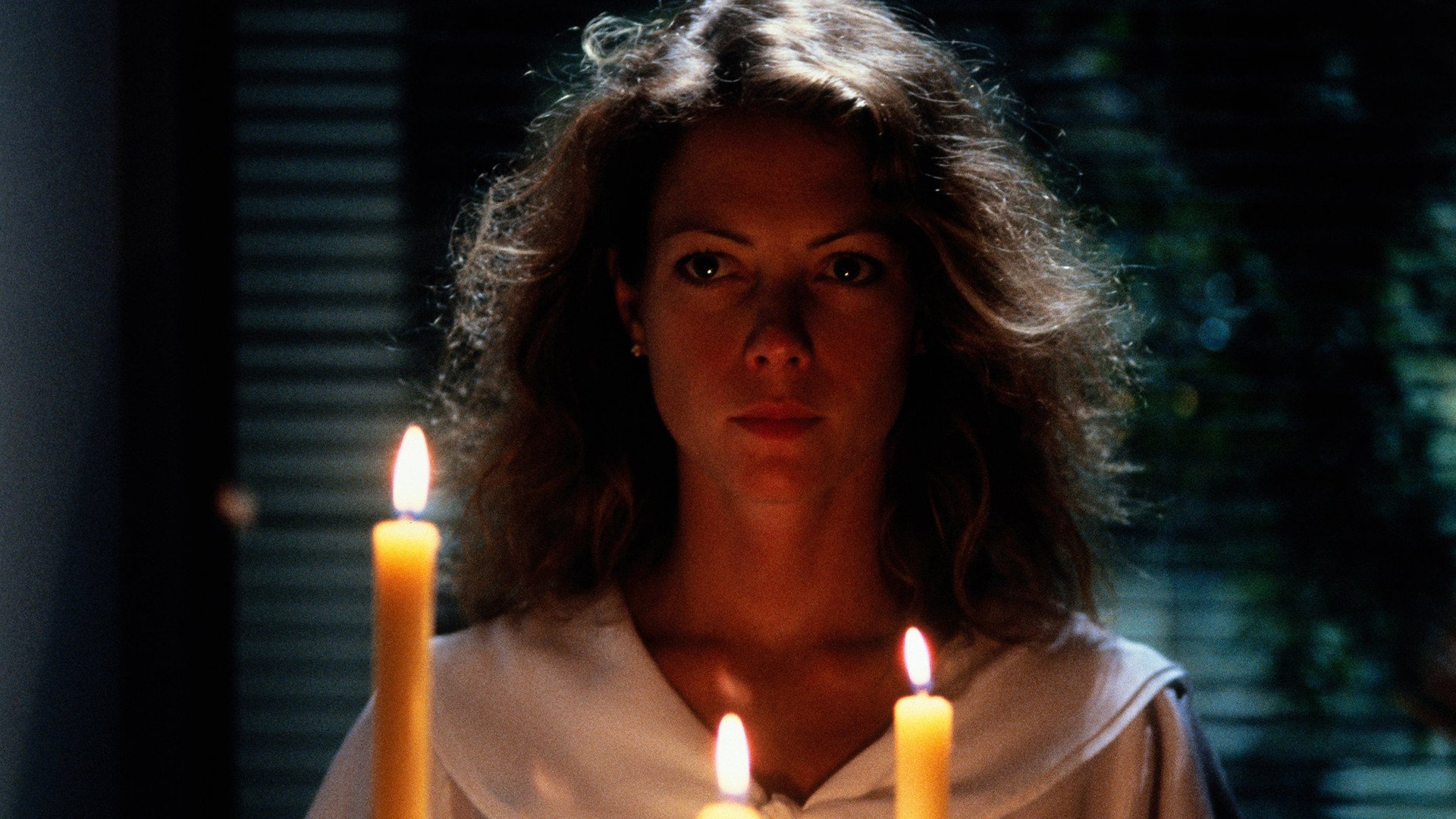
A return to the horror genre with ample amounts of hokum, and no shortage of splatter, The Guardian is a somewhat silly, enjoyably indulgent thriller that has, in the years since its rather drab release––critics and audiences seemed to hate it––morphed into something of a cult classic.
Employing a live-in nanny named Diana Julian (Jenny Seagrove), who’s references they really should have checked, all too trusting parents Kate (Carey Lowell) and Phil Sterling (Dwier Brown) have a new bundle of joy. Well, spoiler alert, it turns out Diana is actually a child-stealing druid who has no qualms feeding bambinos to evil trees, whom she happily worships while skyclad, as any self-respecting pagan pariah is likely to.
If you can endure flying nannies, gratuitous gore, unnecessary nudity, man-eating trees, and chainsaw dismemberment, then the supernatural silliness on display here may well tickle your fancy.
Based on Dan Greenburg’s 1987 novel “The Nanny,” with some inspired additions based on M.R. James spooky 1904 story “The Ash-tree,” The Guardian degenerates into a campy and bloody orgy of over the top carnage.
15. Rampage (1987)
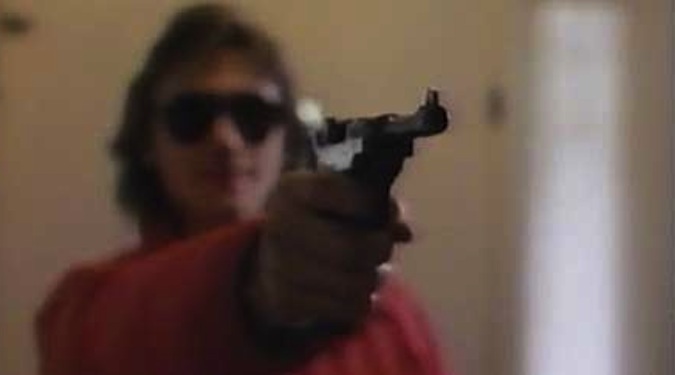
This dark crime drama stars Michael Biehn as Anthony Fraser, an assistant district attorney at odds with public defender Albert Morse (Nicholas Campbell), who’s pleading insanity for killer Charlie Reece (Alex McArthur).
“There are a lot of people who love Rampage,” said Friedkin in a 2013 interview with Vulture, “but I don’t think I hit my own mark with that.” It could be that the troubled production of Rampage––after the film was shot and edited in 1987 us was shelved and unreleased, apart from a few festivals, for five agonizing years. While it isn’t one of the director’s crowning achievements, it does provide a provocative commentary on American justice, mental illness, and morality (and it also has an engaging score from the legendary Ennio Morricone).
14. Rules of Engagement (2000)
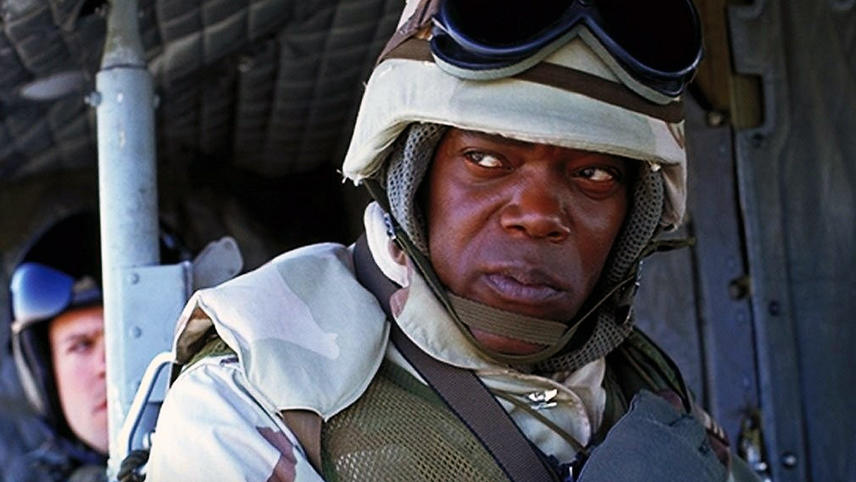
Notoriously described as being “probably the most racist film ever made against Arabs by Hollywood” by the American-Arab Anti-Discrimination Committee, it’s no wonder that 2000’s Rules of Engagement is a very problematic and misunderstood war picture.
In an interview with the BBC Friedkin was quick to point out that: “The film is not anti-Arab, is not anti-Muslim and is certainly not anti-Yemen… The film is anti-terrorist. It takes a strong stand against terrorism and it says that terrorism wears many faces … but we haven’t made this film to slander the government of Yemen. It’s a democracy and I don’t believe for a moment they support terrorists any more than America does.”
If the viewer is able to get beyond these potentially upsetting ideas (apart from being deemed racist, the film was also called jingoistic), the viewer is only left with a so-so trial movie centering on decorated 30-year Marine veteran Colonel Terry Childers (Samuel L. Jackson).
Having seen combat in ‘Nam, Beirut, and Desert Storm, Col. Childers is a war hero and patriot who finds himself on trial for a failed rescue mission in Yemen that saw the deaths of 83 civilians, and the injuries of many more. Tommy Lee Jones is Childers’ conflicted attorney, Marine Colonel Hays Hodges, who owes the man his life but also knows that he must be held accountable for his part in the massacre, if he is indeed culpable.